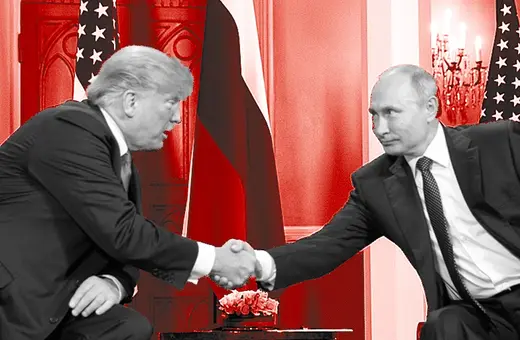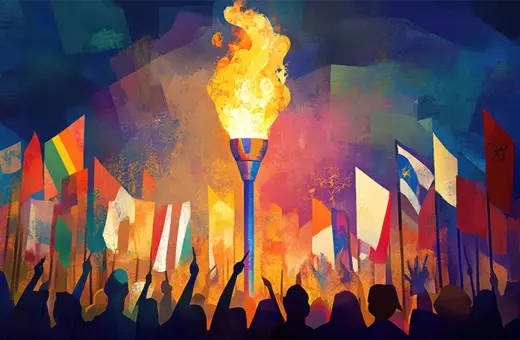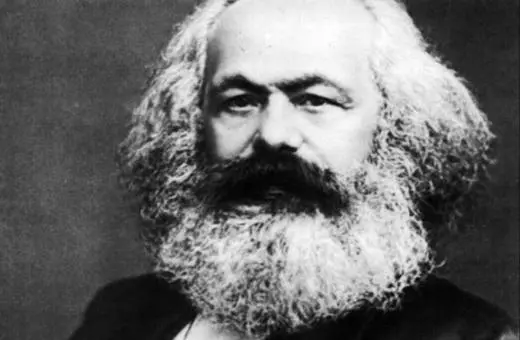The security and dominance established by America in the postwar period is at an end. The world stands at a crossroads. The US must seize this opportunity to relaunch the liberal international project, writes John Ikenberry.
2020 will long be remembered as a year of crisis and disaster, of pandemic and recession, and of illiberalism and democratic decline. It is also a moment when the basic foundations of global order threatened to give way.
Not since the 1930s has the world been so bereft of the most rudimentary forms of cooperation. In all the major areas of the global system – trade, finance, arms control, human rights, humanitarianism, the environment –. there is a complete lack of confidence in cooperative solutions to common problems.
The postwar system presided over by the United States has been weakening for years. But future historians might mark its historical low-point in April 2020, when, in the gravest public health and economic catastrophe of the postwar era, the G-7 countries could not agree on a simple communique of common cause.
The world stands at a crossroads. In one direction is a fractured world of power rivalries. The other pathway is a last-chance effort to reclaim the liberal international project.
The world stands at a crossroads. In one direction is a fractured world of power rivalries. This is a future defined by “problems of anarchy”. It is a dangerous world in which the United States, China, Russia, and other rival states compete for security and dominance. Hegemonic struggles, power transitions, security dilemmas and reactionary nationalism would define a post-American and post-liberal world system. This is the pathway along which the outgoing Trump administration began to take the United States under the banner of “American First.” In this world liberal democracies lose their solidarity, and so lose their power to shape global rules. This world is less friendly to the Western values of openness, rule of law, human rights and liberal democracy. America’s influence in the world over the last century has been premised on its great power and on its ability to offer the world a set of ideas and institutional frameworks for mutual gain. This will all be lost, and America will be smaller and weaker as a result.
The other pathway is a last-chance effort to reclaim the liberal international project of the last two centuries. This would mean building an open, multilateral world order, anchored in a coalition of leading liberal democracies. This vision is informed by the “problems of modernity” – the forces of science, technology, and industrialism. As Ernest Gellner wrote, these forces are a “tidal wave” driving modern societies into an increasingly complex and interconnected global system. As liberal internationalists see it, the United States and its partners are threatened less by rival political powers than by emergent, interconnected, transnational dangers. These are climate change, pandemics, financial crises, failed states and nuclear proliferation as well as the effects of automation and global production on the class structure of capitalist societies, the dangers of the AI revolution, and other as yet unimagined upheavals.
The coronavirus is the most recent and terrifying example of these transnational dangers. It does not respect borders. You cannot hide from it or defeat it in war. You are only as safe as the least safe among us. For better or worse, the United States and the rest of the world are in it together.





















Join the conversation